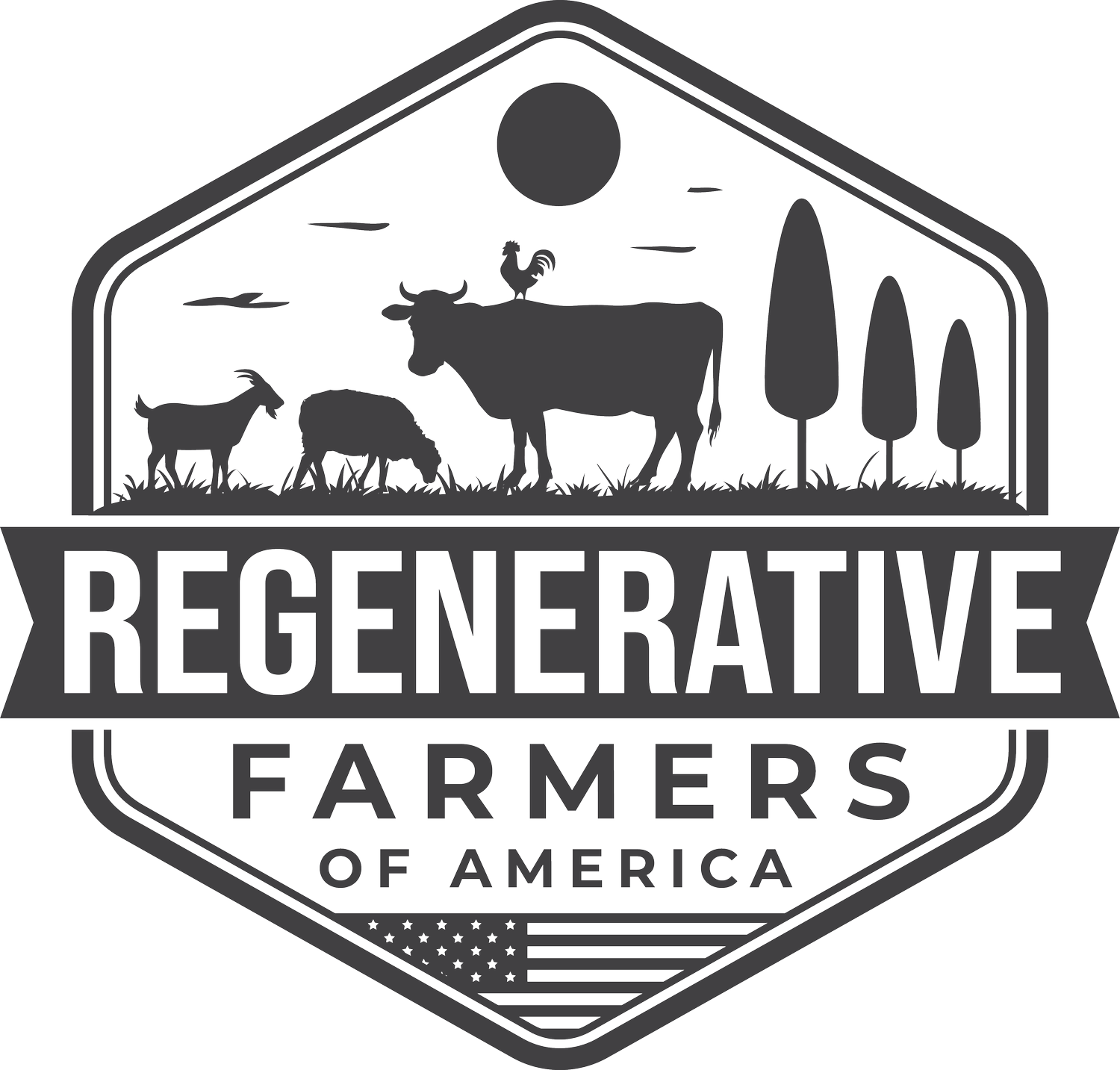A Summary of Greening the Deserts: The Power of Holistic Management in Reversing Climate Change from Allan Savory
This TED Talk by Allan Savory is nothing short of revolutionary. It presents a bold vision for how we can tackle some of the biggest problems facing our planet, including climate change and food insecurity. Savory's idea of Holistic Management has the power to restore soil, revitalize ecosystems, and ultimately better the world.
The passion with which Savory presents his ideas is contagious. He presents a powerful case for how grazing animals, when managed properly, can help to reverse the process of desertification and bring life back to barren landscapes. He shows us how this approach can help to sequester carbon in the soil, reducing greenhouse gas emissions and mitigating the impacts of climate change.
In Allen Savory's TED Talk, he presents his ideas on how to reverse desertification, which is the process by which fertile land turns into desert. He argues that this process is largely caused by overgrazing of grasslands by livestock, and that it is a significant contributor to global climate change.
Savory starts by explaining the importance of grasslands, which cover a large portion of the earth's surface and play a crucial role in regulating the planet's climate and water cycles. However, he notes that many of these grasslands are being destroyed by overgrazing, which causes soil erosion and reduces the ability of the soil to retain water. This in turn leads to decreased plant growth, lower levels of carbon sequestration, and an increase in desertification.
To address this issue, Savory proposes a different approach to grazing livestock. He argues that traditional approaches, which involve removing livestock from the land for long periods to allow the grass to recover, are not effective and can even make the problem worse. Instead, he suggests that properly managed grazing, which mimics the behavior of wild herds of grazing animals, can help to reverse desertification and improve the health of the grasslands.
According to Savory, properly managed grazing involves moving livestock frequently so that they do not overgraze a particular area. This creates a cyclical pattern of grazing and recovery that leads to an increase in soil organic matter, greater water infiltration, and an overall improvement in the health of the grassland ecosystem. He argues that this approach can help to sequester carbon, reduce greenhouse gas emissions, and promote a more sustainable and resilient agricultural system.
Allen Savory's TED Talk presents a unique perspective on how to address the problem of desertification and the role that properly managed grazing can play in reversing this process. He argues that this approach can have significant benefits for the health of the planet and for food security, and that it should be adopted on a global scale.
Allan Savory's TED talk highlights the idea of using grazing animals, such as cattle and sheep, to manage grasslands and improve the health of these ecosystems. This approach, called Holistic Management, is based on the concept that properly managed grazing animals can mimic the behavior of herds of wild herbivores, such as bison, and can help to increase the biodiversity and productivity of grasslands. According to Savory, this approach has the potential to not only reverse desertification and improve food security in many parts of the world but also to help mitigate climate change by sequestering carbon in the soil.
Savory's TED Talk is not just a call to action, but also a call to the imagination. It invites us to envision a world where we can work with nature, instead of against it, to build a more sustainable and resilient future. A world where the grasslands, which cover so much of our planet's surface, are once again thriving, full of biodiversity, and teeming with life.
The TED Talk by Allan Savory is a call to action. It is a wake-up call, reminding us of the critical importance of our ecosystems and the vital role they play in regulating the planet's climate and water cycles. It is a challenge to all of us to imagine a better future and to take action to make it a reality. Let's rise to the challenge and work together to green the desert and reverse climate change!
